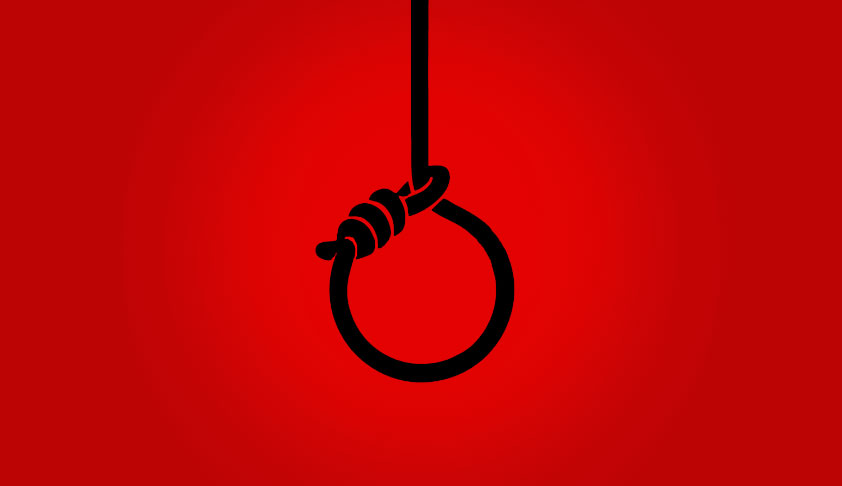ANALYTICAL EVALUATION ON CAPITAL PUNISHMENT: DEATH PENALTY
Author – Aniruddh Atul Garg, Student at Institute of Legal Studies and Research, GLA University, Mathura
Best Citation – Aniruddh Atul Garg, ANALYTICAL EVALUATION ON CAPITAL PUNISHMENT: DEATH PENALTY, ILE Monthly Review, 1 (3) of 2023, Pg. 01-04, ISBN – 978-81-961828-8-5
ABSTRACT
There is a system of awarding punishment in reaction to every offense committed by the offender. However, Capital Punishment in the form of the Death Penalty is the excessive punishment that may award to any offender in response to his crime for the sake of maintaining Law and Order. In India, the doctrine of “Rarest of Rare” is executed as far as Death Penalty is Concerned. The commutation of the Death Penalty into Life Imprisonment also takes place in India. Whereas, in China, Capital Punishment is still in the practice. According to the data, 1000 implementations of Death sentences are recorded each year in China. UN says, punishing someone by ending his life is not an option. Moreover, it also states that we do not have any authority to judge whether to end their life or not. Instead, it states that there must be a reformative way that gives the chance for improvement. This paper is aimed to give a deep study based on Death Penalty ranging from its meaning to the provisions based on Death Penalty, which are currently under practice. Furthermore, the take of the Indian Constitution regarding the legitimacy of the Death Penalty, and the community of people who can skip capital punishment are also discussed in the paper.
Keywords: punishment, commutation, death penalty, life imprisonment
